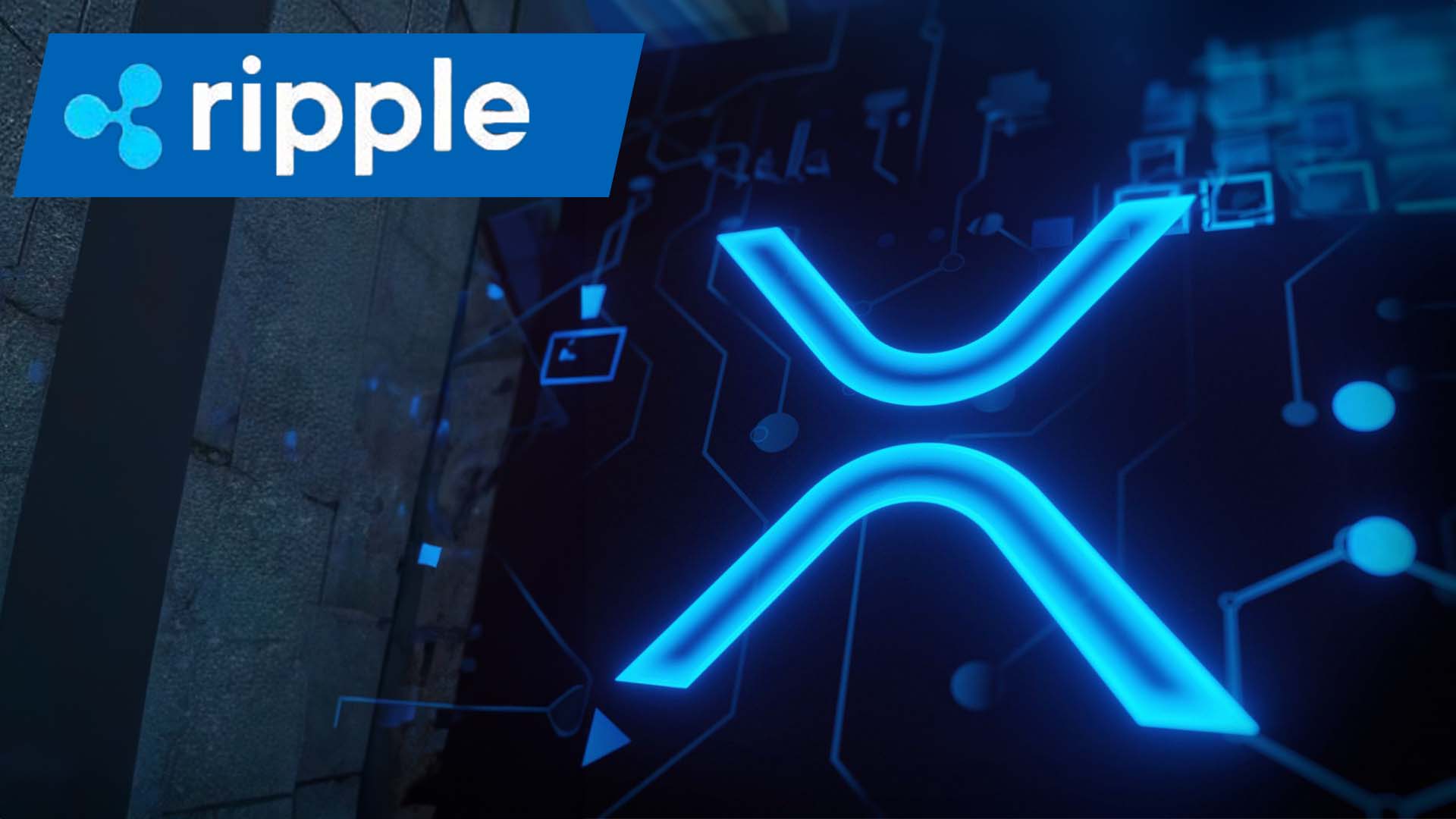Ripple, a blockchain-based digital payment protocol, has been making waves in the financial industry since its launch in 2012. With its innovative approach to cross-border transactions, Ripple aims to revolutionize the way money moves around the world. In this article, we will explore the key features of Ripple, its underlying technology, and the impact it has had on the global financial landscape.
Understanding Ripple's Blockchain Technology
Ripple operates on a unique blockchain technology known as the XRP Ledger. Unlike traditional cryptocurrencies like Bitcoin, which rely on Proof-of-Work (PoW) consensus mechanisms, Ripple utilizes a consensus protocol called the Ripple Protocol Consensus Algorithm (RPCA). This consensus mechanism enables fast, secure, and low-cost transactions on the Ripple network.

Ripple's Cross-Border Payment Solutions
One of Ripple's primary objectives is to facilitate efficient and cost-effective cross-border transactions. Traditional methods of international money transfers are often slow, expensive, and burdened with intermediaries. Ripple's payment solutions, powered by its native digital asset XRP, aim to overcome these challenges. By utilizing XRP as a bridge currency, Ripple enables near-instant settlement of transactions while significantly reducing fees and eliminating the need for intermediaries.
RippleNet and Partnerships
RippleNet is Ripple's global payment network, connecting financial institutions, banks, and payment providers across the world. Through RippleNet, participants can access fast and secure remittance services, liquidity management, and real-time payment tracking. Ripple has formed partnerships with numerous financial institutions, including Santander, American Express, and Standard Chartered, to facilitate seamless cross-border transactions and improve the overall efficiency of the global financial system.
The Ripple Effect on Remittances
Remittances play a crucial role in the global economy, with millions of people relying on international money transfers to support their families and communities. Ripple's technology has the potential to transform the remittance industry by offering a faster, more transparent, and cost-effective alternative. By reducing the friction and associated costs, Ripple has the power to increase financial inclusion and improve the livelihoods of individuals in underserved regions.
Regulatory Considerations and Adoption
As Ripple continues to gain traction in the financial world, regulatory considerations become increasingly important. Ripple has actively engaged with regulatory bodies and financial institutions to ensure compliance and build trust within the industry. However, it's worth noting that Ripple has faced legal challenges, with the U.S. Securities and Exchange Commission (SEC) filing a lawsuit against Ripple Labs Inc. in 2020. The outcome of this case will have implications for Ripple's future and the broader cryptocurrency ecosystem.

Conclusion
Ripple's innovative blockchain technology and cross-border payment solutions have positioned it as a game-changer in the global financial landscape. By providing faster, more affordable, and secure transactions, Ripple aims to revolutionize the way money moves around the world. While navigating regulatory challenges, Ripple continues to form partnerships and expand its network, making significant strides towards its goal of improving financial accessibility and inclusivity. As Ripple's journey unfolds, it will undoubtedly continue to shape the future of cross-border payments and redefine the way we think about global transactions.



